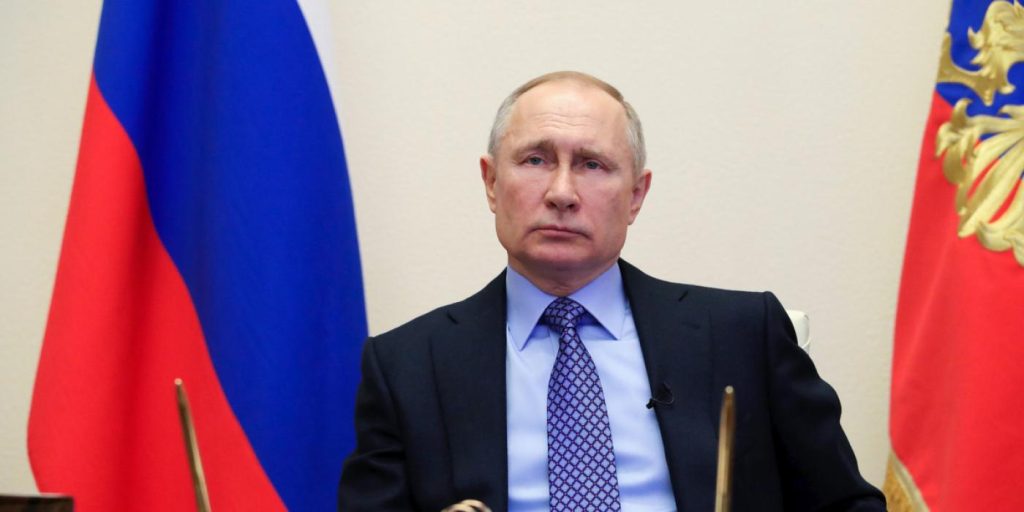Others are reading now
In a move that starkly mirrors the actions of dictators from history, Russia’s Supreme Court has recently declared the “international LGBT movement” an “extremist organization,” effectively outlawing LGBT+ rights advocacy in the country.
This decision, part of a broader conservative shift in Russia’s leadership, marks a significant escalation in the persecution of LGBT+ individuals since the onset of the Ukraine invasion
President Vladimir Putin’s increasingly intolerant rhetoric against the LGBT+ community has been a notable feature of this shift. In speeches, Putin has consistently equated homosexuality with pedophilia and positioned Russian forces as bastions of “traditional values.”
This demonization of LGBT+ individuals as threats to societal norms and national security is a strategy reminiscent of historical totalitarian regimes.
Also read
The article in Meduza, authored by Vasily Legeido, draws parallels between Putin’s Russia and the oppressive policies of past dictatorships like Nazi Germany and Stalinist Russia.
In these regimes, LGBT+ individuals faced brutal repression, cast simultaneously as contemptible and dangerously powerful. Such contradictory portrayals served as a basis for widespread persecution.
Echoing past dictatorial regimes
The Nazi regime, under Adolf Hitler, criminalized and systematically persecuted LGBT+ people, branding them as antithetical to Aryan ideals. Similarly, Joseph Stalin’s Soviet Union saw the criminalization of homosexuality and the use of “sodomy” charges as a means for political purges.
The recent ruling by Russia’s Supreme Court has raised alarms among human rights advocates, warning of an impending crackdown on the LGBT+ community, reminiscent of the darkest chapters of history.
The vague definition of the “international LGBT movement” allows for a broad interpretation that could target anyone advocating or even associating with LGBT+ rights.
Putin’s approach, as the article suggests, employs the age-old tactic of authoritarian regimes – using the scapegoating of minority groups to consolidate power and enforce a rigid, conformist society.
By portraying LGBT+ people as threats to traditional values and societal order, such regimes create a culture of fear and obedience.
As Russia faces increasing isolation on the global stage due to its actions in Ukraine, the internal crackdown on LGBT+ rights signals a worrying return to the oppressive tactics of the past.
This decision not only marks a regression in human rights within Russia but also serves as a chilling reminder of the recurring themes of persecution in authoritarian regimes throughout history.

